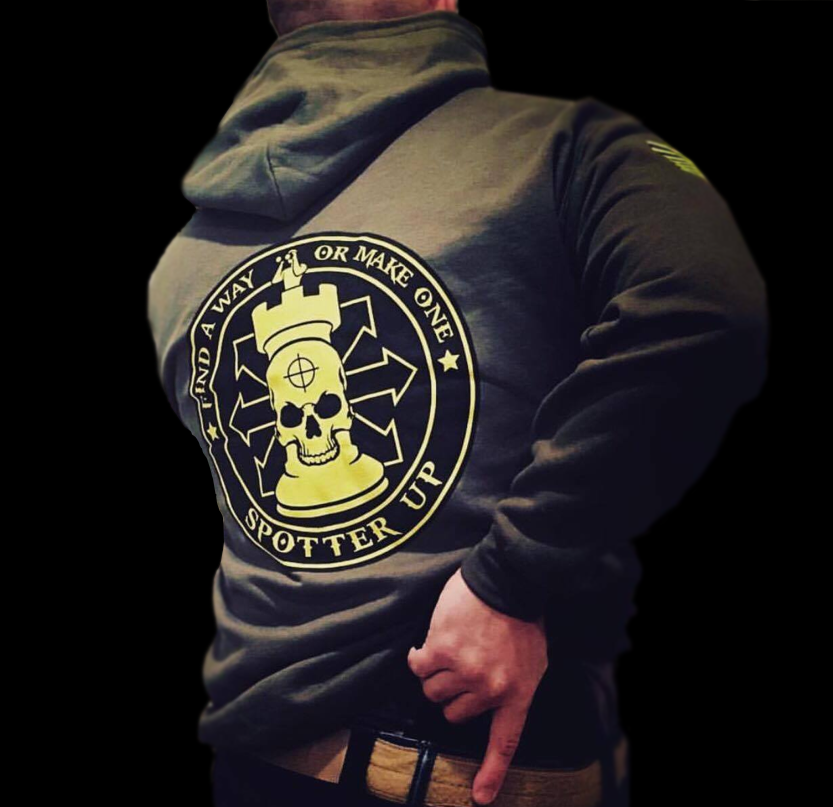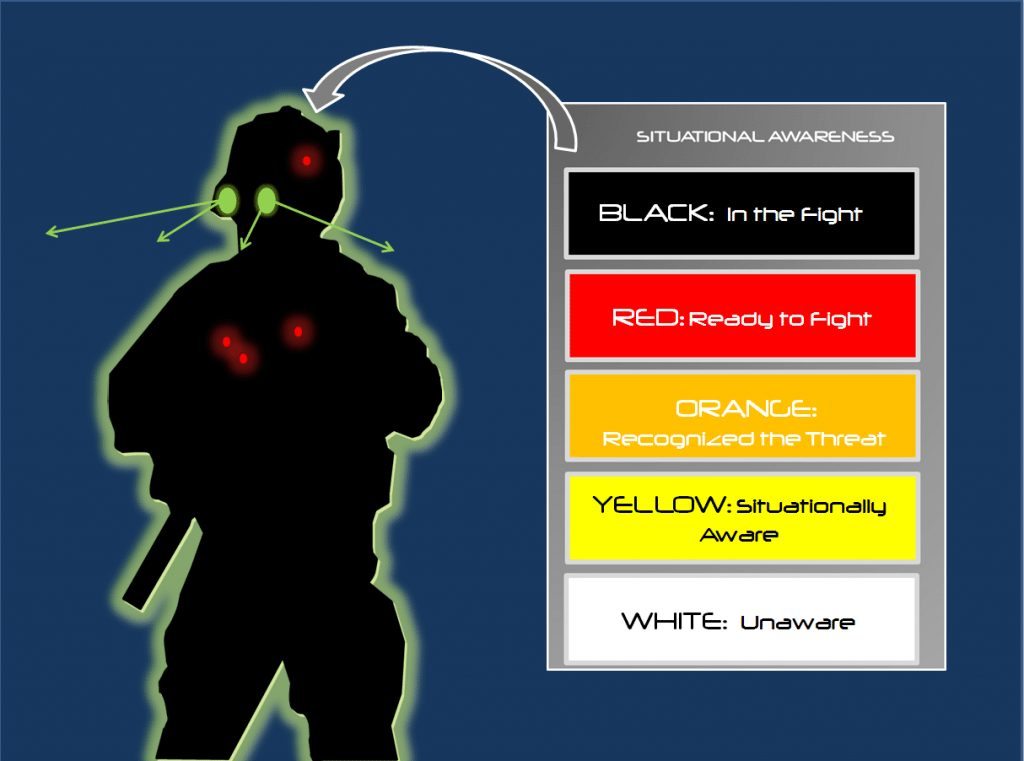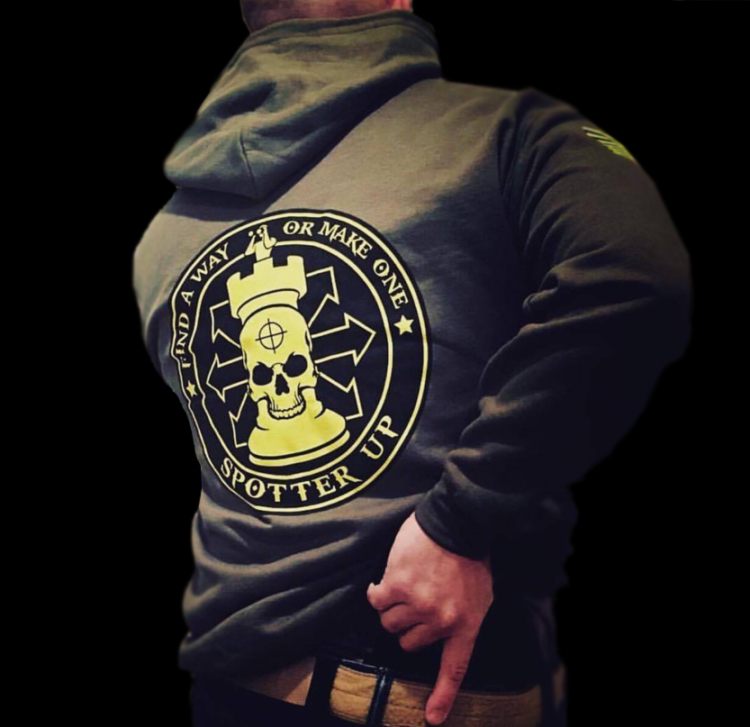Situational Awareness, What is it And Why Have It?
The definition of situational is a person or thing in regards to surroundings or circumstances. An example of situational is how a person reacts in different environments; called situational reactions.
The definition of awareness is the ability to directly know and perceive, to feel, or to be of events. More broadly, it is the state or quality of being conscious of something.
From my perspective it all starts with situational awareness. Situational awareness is empowering. With it you are able to maneuver your way around or through a maze of obstacles and unsafe situations. At what level are you aware of the areas where you ”operate?” Do you have a keen sense of observation, or are you in your own world, oblivious to things that are not in your field of view?
Most folks are so overloaded with information nowadays they don’t want to know anymore than they absolutely have to. If it doesn’t impact them directly, in the here and now, they don’t care. Problem is, with that kind of mindset they miss the indicators. If something bad happens they will probably be taken by surprise. If taken by surprise the innocent person is now likely a victim. Don’t put yourself in that position.
As a victim he or she may survive, but with situational awareness, forethought, and an action plan a different outcome could unfold. Rather than survive or perish as a victim her or she could find a way or make a way to reduce risk and increase the likelihood of survival on their terms.
Gaining and Maintaining Situational Awareness
Situational Awareness is a phrase associated with your understanding of the environment around you. This includes the people, places and things that fall within that environment. Having situational awareness is a continuous process that requires your time energy and brainpower.
Having situational awareness means that you understand how you relate to the world around you. You understand how international, national, regional, and local events impact your safety and security. Situational awareness provides the knowledge to analyze your operating area, determine threats and potential impacts, and plan countermeasures and appropriate actions in the event your environment falls apart.
Situational Awareness includes five points of reference:
- Know the terrain (natural and man-made) where you frequent; (your operating areas)
- Know the people/tribes who routinely occupy/transit your Area of Operations
- Know the kinds of activities that routinely occur in your Area of Operations.
- Generally know the international, national, regional, and local situations.
- Acknowledge significant events, when they occur and reflect on how they may impact your safety and security.
You might be a gorilla on the battlefield but how about at home? There are a lot of people ready to take what you have. What you learn on the battlefield has to be translatable to your family at home. Teach them to be as aware as you are.
I know the people who come in and out of our neighborhood. Our housing community is aware when odd people begin to look inside private homes and car windows. We are aware when there are break-ins, and the kinds of vehicles that have been frequenting our neighborhood. We know if drugs are being sold near the playground in front of our home, and who is selling it. When there is a crime, the community involves law enforcement and they take it seriously to reduce crime, and so should you.
Don’t wait until the last-minute to become informed. At some level you should be immersed in what is occurring around you. You might be aware, but is your family? You may carry a gun and know how to handle it but does your child? Does your family stay connected with other families in order to get up to date information if there is a riot, tornado, looting, or some crisis that requires you to stay clear? You might be able to handle yourself in most situations, but make time to get your spouse, friends or kids on board too. Get them involved in understanding situational awareness before a crisis occurs.
In the easy to read color-scale above, you can see where you should be. You should be between Yellow and Orange, but if a fight comes your way you should be into Red zone asap. If you have a sense of what you are walking into, you may have a better chance of handling the situation. Do you walk into a bar, oblivious to the fact that two people seated there are seeing if you are an easy target? Do you read from a tourist map, while wearing a brightly colored American Flag t-shirt, in a foreign city and draw attention to yourself?
Be aware. Be able to jump from yellow/orange into black as soon as you need to. I still recall how two guys tried to corner me in an alley and were going to rob me. Thankfully I was able to notice an exit point, feign the direction I was going, and beat feet out of there. Who knows what could have happened?
The choice is yours. Carrying a weapon may help you some, but being aware to what is around you will help a lot more.
Stay alert and find or make your way out of potential trouble before it becomes real trouble.
Alec Yandy*
Alec Yandy was born in the 1950’s and raised by parents who were charter members of “the greatest generation.” His father served in Europe during WWII as an Infantry Platoon Leader and retired from the Army reserve in the 1960’s. He was raised with a sense of duty, honor, and country, and faith in God. He attended elementary school in the 1960’s and high school and college during the 1970’s. He attended and graduated from The Military College of South Carolina, in Charleston. There he learned a great deal about discipline, leadership, himself, and other people. After graduating he went into the Marine Corps and retired 20 years later. He spent 9 plus years overseas serving in a variety of combat engineer units and intelligence staff assignments, afloat and ashore assigned to conventional and special operations forces. Since retiring from the Marine Corps he has been working as a DoD contractor supporting the Combat Support Agencies, in the greater Washington, D.C. metropolitan area. He reads and studies history; is a firearms and survival enthusiast; works out and spends as much time as possible at the range, in the woods, or on the beach.
Alec Yandy subscribes to the Spotter Up way of life. “I will either find a way or I will make one”.




Looking to be taught how to recognize potentially dangerous situations. My Dad (passed away1990) who was a Ranger and Special Forces taught me how important it was to be aware of my surroundings. I’m a grandma now taking care of a special needs daughter. I feel extremely vulnerable. I would like to take an online course on the subject. In short I want a training study course I can learn the basics. Do you have one available. If not would you suggest one. My funds are very limited. Thank you very much.